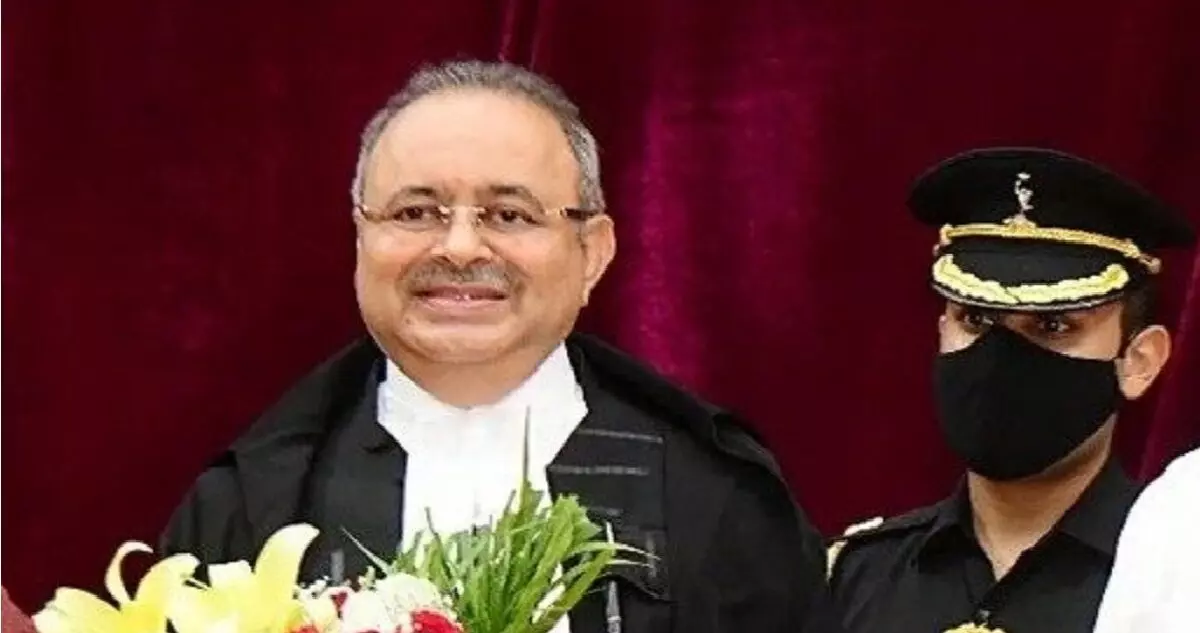
22nd Law Commission constituted
text_fieldsChairman of the 22nd Law Commission Justice Ritu Raj Awasthi (file photo)
New Delhi: After a gap of four years, the Central Government has reconstituted the 22nd Law Commission. Former Karnataka High Court Chief Justice Ritu Raj Awasthi is the Chairperson of the Commission and the other members are Kerala High Court judge Justice K T Sankaran, M Karunanithi, and law professors Anand Paliwal, D P Verma, and Raka Arya.
The top priority task of the new Law Commission is expected to be to explore ways for formulation and implementation of the Uniform Civil Code (UCC) in the country. In a recent petition before the Supreme Court, a prayer was made to ask the government to initiate legislation towards a UCC and in response the government had said the previous, i.e. 21st Law Commission had taken up the matter, but before it was concluded the term of the Commission ended on 31 August 2018 and that the next commission would take up the matter. The apex court disposed of the petition on this basis.
However, ever since 2018 with the retirement of Justice Sawant, there has been no Commission functioning. A public interest petition is pending before the Supreme Court citing the case for for a new commission not being formed.
During discussions on the subject of UCC, the Centre asserted that the purpose of the Uniform Civil Code is to reinforce the preamble of the Constitution of a 'secular democratic republic' and to bring the communities governed by different personal laws on a common platform to enable the integrity of India.
The Centre stated that considering the importance and sensitivity of the subject, an in-depth study of various personal laws is necessary and the 21st Law Commission had examined the matter after collecting opinions from various parties.
Justice Awasthi took over as CJ of the Karnataka High Court in October 2021, and retired in July this year. He had hit headlines with the judgement ratifying the Karnataka government's ban of the hijab in educational institutions. Before becoming chief justice of Karnataka, he was a judge of the Allahabad High Court. Last month, a two-judge Bench of the Supreme Court delivered a split verdict on the appeal against the High Court's order on hijab and the matter is to be taken up a three-judge bench.
Justice KT Sankaran, who retired in 2016 from Kerala High Court had considered petitions in the High Court, alleging existence of 'love jihad'. He confirmed the presence of love jihad, but later, another bench of the Kerala High Court examined the matter and came to the conclusion that there was no evidence for the allegation of love jihad.
The Law Commission, as described by the Law Ministry is a a non-statutory body is constituted by a notification of the Government of India, with definite terms of reference to carry out research in the field of law. The Commission makes recommendations to the Government as reports in line with its terms of reference.
The Law Commission was first constituted in 1955, and has so far submitted 277 reports. According to the Law Ministry's website, the "Law Commission of India provides excellent thought provoking and vital review of the laws in India".




















